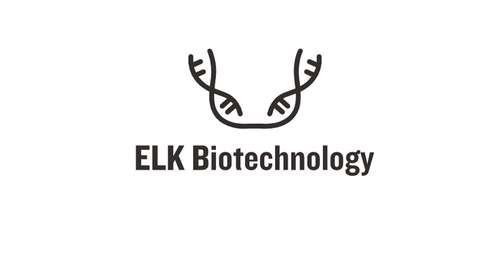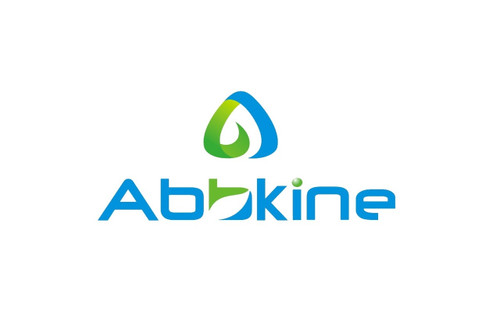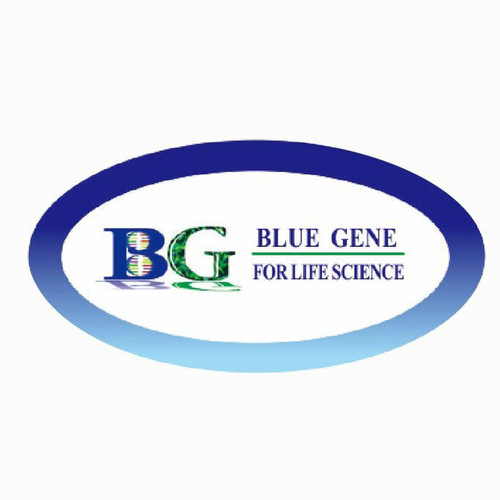Product Description
Human Afamin (AFM) ELISA Kit | AE24187HU | Abebio
Species Reactivity: Human (Homo sapiens)
Abbreviation: AFM
Alternative Name: ALB2; ALBA; ALF; MGC125338; MGC125339; alpha-albumin
Application: ELISA
Range: 3.12-200 ng/mL
Sensitivity: 1.48 ng/mL
Intra-Assay: ≤7.9%
Inter-Assay: ≤11.5%
Recovery: 1, 06
Sample Type: Serum, Plasma, Other biological fluids
Detection Method: Sandwich
Analysis Method : Quantitive
Test Principale: This assay employs a two-site sandwich ELISA to quantitate AFM in samples. An antibody specific for AFM has been pre-coated onto a microplate. Standards and samples are pipetted into the wells and anyAFM present is bound by the immobilized antibody. After removing any unbound substances, a biotin-conjugated antibody specific for AFM is added to the wells. After washing, Streptavidin conjugated Horseradish Peroxidase (HRP) is added to the wells. Following a wash to remove any unbound avidin-enzyme reagent, a substrate solution is added to the wells and color develops in proportion to the amount of AFM bound in the initial step. The color development is stopped and the intensity of the color is measured.
Product Overview: Afamin is a member of the albumin gene family, which comprises four genes that localize to chromosome 4 in a tandem arrangement. These four genes encode structurally-related serum transport proteins that are known to be evolutionarily related. The protein encoded by this gene is regulated developmentally, expressed in the liver and secreted into the bloodstream. The 'new' gene, called alpha-albumin, was located 10 kb downstream from the AFP locus. The gene is selectively expressed in the liver at late stages of development. The mRNA sequence encodes a predicted secreted protein with the typical triple domain disulfide cross-linked structure. Comparisons of coding and promoter sequences suggested that ALBA could be a phylogenetic intermediate between the ALB and AFP genes.
Stability: The stability of ELISA kit is determined by the loss rate of activity. The loss rate of this kit is less than 5% within the expiration date under appropriate storage condition. The loss rate was determined by accelerated thermal degradation test. Keep the kit at 37°C for 4 and 7 days, and compare O.D.values of the kit kept at 37°C with that of at recommended temperature. (referring from China Biological Products Standard, which was calculated by the Arrhenius equation. For ELISA kit, 4 days storage at 37°C can be considered as 6 months at 2 - 8°C, which means 7 days at 37°C equaling 12 months at 2 - 8°C) .
 Euro
Euro
 USD
USD
 British Pound
British Pound
 NULL
NULL












